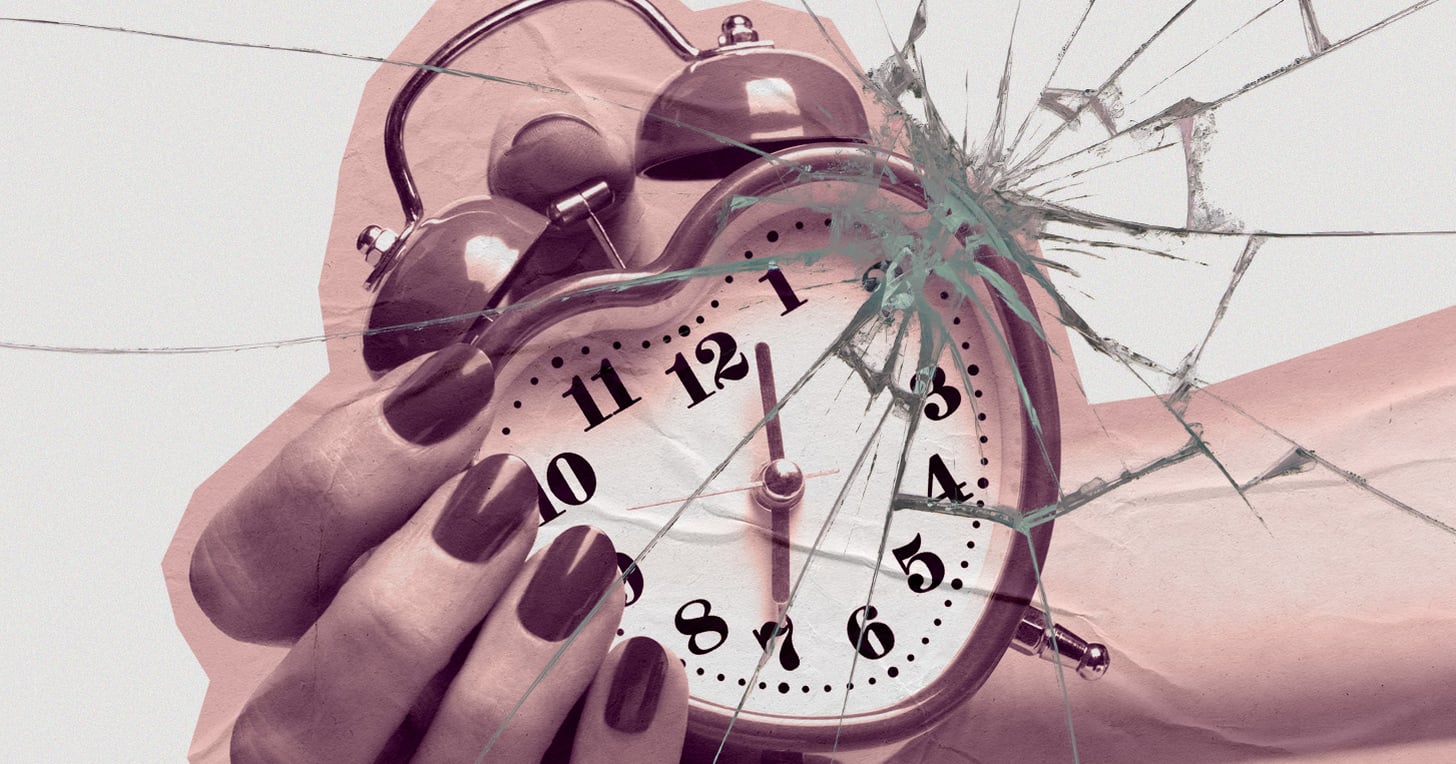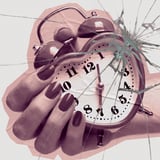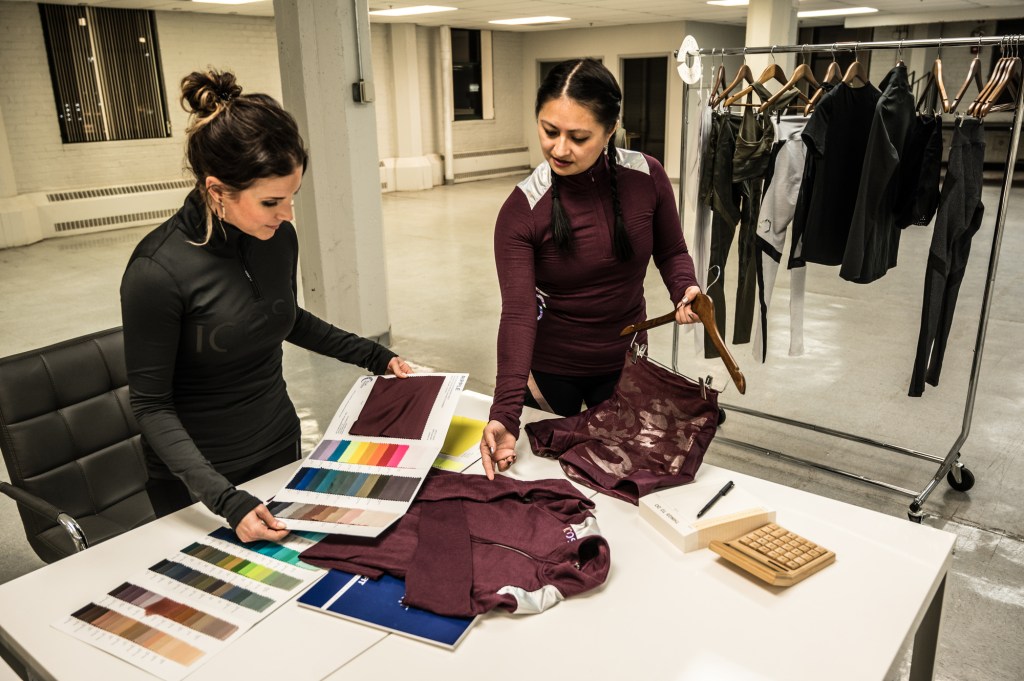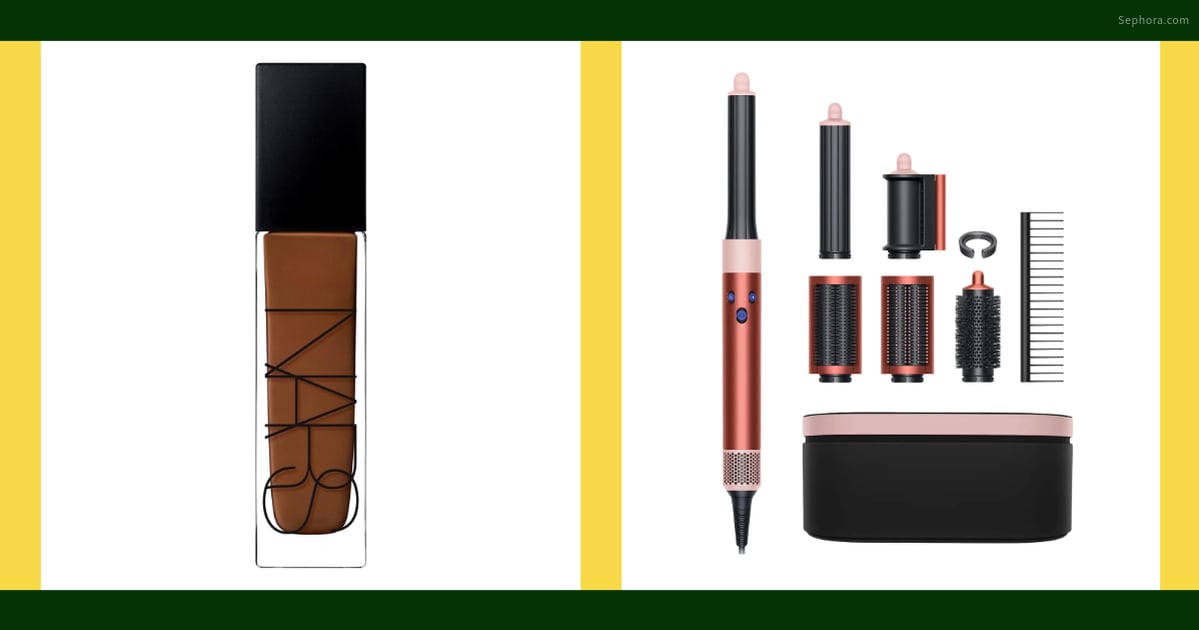There’s a Spanish proverb my abuela always recited when I was growing up: “Mejor sola que mal acompañada.” It means it is better to be alone than in bad company – aka in a toxic relationship. And this saying has stayed with me throughout my entire adulthood. It’s the voice in my head that rings loud whenever I’m dating someone and start to immediately notice red flags; it has supported me in being a cautious and selective dater.
At 37, I’m single, child-free, and probably the happiest I’ve ever been. My biggest fear has never been being alone – it’s feeling alone in a relationship with the wrong person. But as cautious as I’ve been, I haven’t always felt empowered when it came to dating and singlehood. That’s because, for years, I was taking my “biological clock” into account. It’s a narrative that conditions women to believe our bodies are ticking time bombs with a limited amount of time to find a partner, get married, and have children.
Unlike most Latinas I know, I was fortunate to grow up in a family that never pressured me or any of my siblings to get married or become parents. Both my parents are college graduates. My father is a dentist and my mom was a medical technologist at a hospital before she gave it up to be a stay-at-home mom for 10 years. As I got older, it became clear that my mom was dealing with frustrations as a college-educated stay-at-home mom – something my Latina peers who grew up with single moms juggling two to three jobs couldn’t understand. Despite having a loving husband who provided and three children she loved, my mom missed her career and expressed that to me whenever I brought home a bad grade or half-assed my homework.
She explained that for most women, being a stay-at-home mom wasn’t enough – and she wasn’t wrong for feeling that way. Studies show that American housewives during the ’50s, ’60s, and ’70s were frequently experiencing anxiety, depression, and overall dissatisfaction with their lives.
My mom reinforced how important it is for women to have their own careers, their own money, and independence regardless of whether they marry or not. I never forgot this.
But what my Dominican mom – who met my dad when she was only 17 – didn’t prepare me for was the cruel double standards that exist in the heterosexual dating world. I never worried about the biological clock when I was in my 20s. I was so certain that I would marry by the time I was 30 that I never actually took the time to unpack whether I wanted to be a mom. For almost my entire 20s – from 19 to 28 – I was in a long-term, committed relationship. We even got engaged and moved in together. But for the last two years of that relationship, I felt extremely unfulfilled. For most of our relationship, I had shown zero interest in kids and even expressed that I couldn’t picture myself being a mom, but he would always respond by saying, “You’re going to change your mind once the biological clock starts ticking.” I never believed him until I finally ended things at 28.
Even though I knew breaking up with him was one of the best decisions I had ever made, everyone in my life – except my parents – was constantly reminding me that the clock was officially ticking, and after “wasting nine years of life,” I had to hurry and find someone to marry so I wouldn’t miss out on my opportunity to become a mom.
Of course, I didn’t realize it then, but the biological clock is actually a recent invention that dates back to a Washington Post article from 1978 titled “The Clock Is Ticking For the Career Woman.” It’s the first time the phrase was widely used, and it did a remarkable job at guilting career women into feeling like they were neglecting what we’ve been raised from girlhood to believe is our main responsibility as women and uterus owners – becoming moms. Of course, it does biologically become more difficult to get pregnant after 35. But what I’m talking about here is a societally imposed timeline for when women are supposed to get married and have children.
Back at 28, even though I’d never shown maternal signs, I succumbed to societal pressure and decided to give myself two years to casually date. After being in a nine-year relationship that got toxic toward the end, there was no way I wanted to jump into a serious relationship. At first, it was fun. But once 30 started nearing, I started to feel the pressure. I saw the anxiety my fellow girlfriends were experiencing, especially the Latinas in my life, who were over the age of 30 and didn’t have the means to freeze their eggs. Most of them had single moms begging for grandchildren, so they handled the biological-clock panic by getting on all the dating apps and scheduling numerous dates a week. “It’s a numbers game,” they’d tell me.
I reluctantly joined the apps and started going on dates. But while so many of the guys I was dating looked great on paper (professionally successful, career-focused, financially stable, well-traveled, cultured, progressive, and supposedly looking to settle down), there was always something missing for me – every single time. I’d either learn that they were a lot more misogynistic than they advertised themselves to be, or they problematically had a thing for Latinas, or just weren’t as smart, funny, ambitious, or interesting as I initially thought they’d be.
I was never looking for perfect. I was looking for someone I could fully be myself with. Someone I could laugh with, who I shared core values with and could still call a homie. Growing up in a Dominican household where my parents didn’t just love and respect each other but also were best friends had set a very high standard for me.
But the clock kept ticking and time was flying by. I went from being newly single at 28 to still not finding “my person” by 30. Before I knew it, I was still single at 31, 32, 33, and by the time I reached 34, I was full-on panicking. Every time I found myself having to end things with someone, this feeling of despair would overcome me. I felt like I had no control over my goals to marry and become a mom one day.
The men I dated, meanwhile, always seemed so relaxed when it came to dating. They weren’t on a timeline and they weren’t in a rush. I didn’t have to be the one for them. When it came to their fertility, they had all the time in the world. I began to really envy them.
I had so much anxiety about approaching 35 and still being single that during the months leading up to it, I started to heavily consider freezing my eggs. But I started really unpacking if I even wanted to be a mom that badly. Did I want to dedicate my life to caring for another human being, or did I desire a life of freedom that mostly revolved around my goals and how I wanted to live out the next few decades? The answer was the latter.
While there was still a small part of me at the time that was open to having kids with the right partner if it didn’t involve having to undergo fertility treatments or planning, I finally became entirely comfortable with it not happening at all. Not having kids became my preferred choice and lifestyle. Once I came to that revelation, things started to change for me. I stopped feeling ashamed about being single. I no longer felt like a failure at all my big family get-togethers or around my parents’ friends who all had grandchildren. Instead, I started to embody this cool, confident career woman who was always traveling and always had a fun story to share about a celebrity I met or interviewed.
As my energy shifted, so did the energy of the people around me. I stopped feeling this immense pressure to partner up and instead started to date at my own pace. I began to only date when I met someone I was genuinely interested in, and I stopped treating them like a potential husband. Not only did I start attracting men who genuinely liked me for me, but the connections were a lot stronger because of it. Dating wasn’t about finding my future husband anymore; instead, it was about exploring genuine connections.
This year, I’ve gone from 80 percent not wanting to have kids to feeling a lot more excited at the idea of not having them at all. I picture myself having the same freedom I have today throughout the next couple of decades of my life. I picture myself doing what I love and traveling the world with friends, and eventually with a potential life partner.
I’m still experiencing a lot of people – men and women – projecting their views onto me in terms of how they think I should be living my life. That’s partly why I hired Marie Ragona, a certified sex therapist and relationship counselor, to chat through expectations around sex and dating.
In the time since we’ve been working together, Ragona has validated my desire to not be a mom and reassured me that keeping my standards high is the secret to feeling empowered in dating regardless of whether or not I want to have children.
“Society sees straight women having children and a husband – any husband – as the ultimate goal, the Disney Princess of our youth getting her ‘happily ever after’ because the only goal was the prince,” she recently told me. “Many modern women no longer see marriage and children as an ending, because life can be and is more than that. You can’t be empowered while allowing others to make significant choices for you. The most empowering choice a single person can make is to have high standards.”
The proverb Abuela would constantly recite to me, “Mejor sola que mal acompañada,” has been ringing more loudly in my head as I’ve continued to work on my self-worth. I no longer feel guilty or sorry for ending things with men I know aren’t a good fit for me, and whenever someone accuses me of being “too picky” or selfish for not wanting kids, Ragona reassures me that they are simply projecting.
“People don’t often understand others who think differently than themselves. It’s the topic of many [of my] sessions,” she told me. “When we aren’t taught to question our own beliefs, religions, lifestyles, orientations, genders, roles, etc., we lose out on the ability to be curious, understand each other, and see the plethora of opportunities for connection.”
Doing away with the biological clock has brought me so much peace. It has allowed me to flow and be present instead of anxiously trying to control my future and those around me. I no longer feel completely devastated or ashamed about being single in my 30s. On the contrary, I enjoy it – understanding that, one day, I probably will share my life with someone. And even if that doesn’t happen, I’ll still be OK because I want a partner, but I don’t need one. There’s a major difference.
While I recognize that in many ways I have it a lot easier than single women in their late 30s who do want children, I do have one piece of advice I’d offer to all women regardless of whether they want to be mothers or not. It’s that life is more enjoyable when we enjoy the ride instead of fixating on what we want the outcome to be. What’s for you will never pass you, and if it does, maybe that wasn’t the path you were actually supposed to embark on. Trust me on this one.




